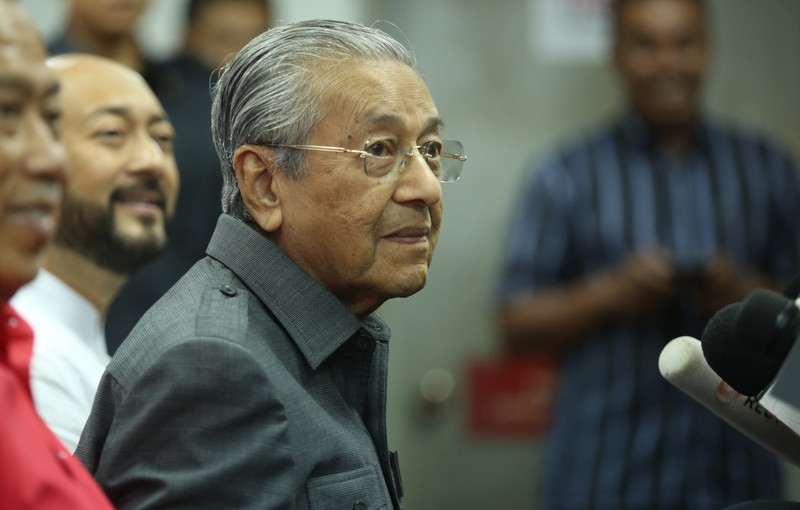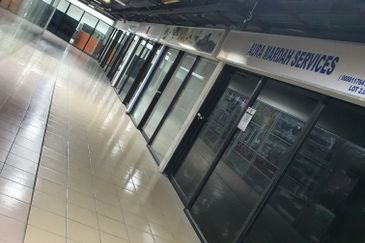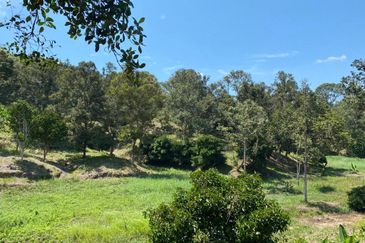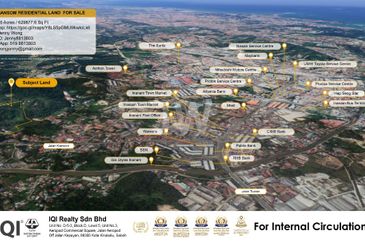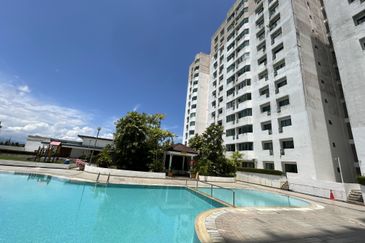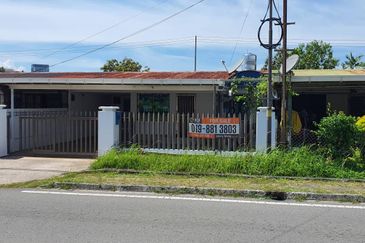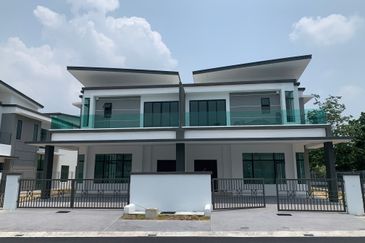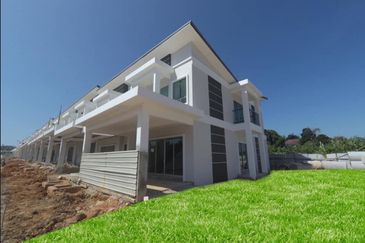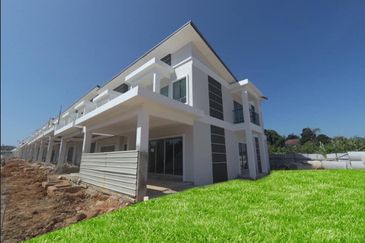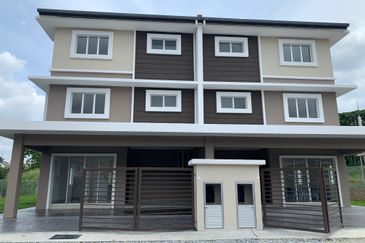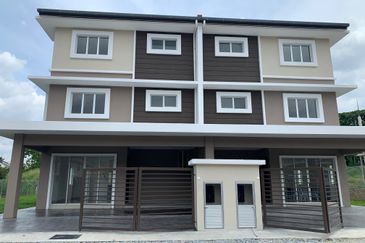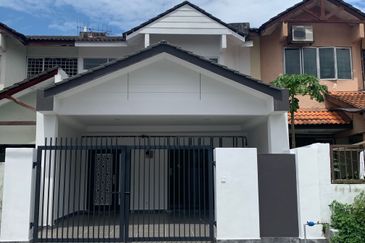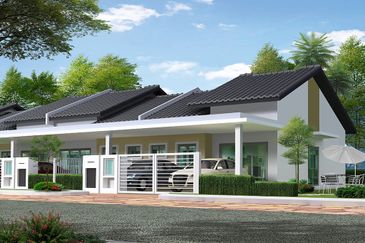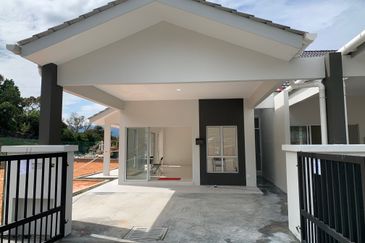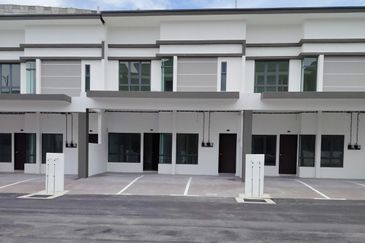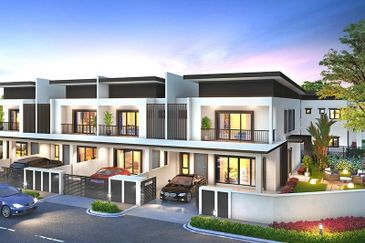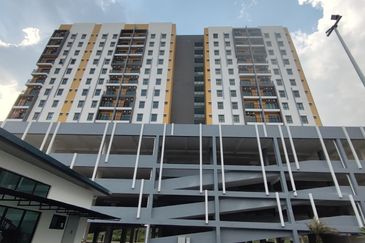KUALA LUMPUR (July 25) — While Malaysia's diplomatic ties with neighbouring Singapore are expected to decline, trade will not be affected, said BMI Research.
The Malay Mail cited the BMI analysis report of political risk between the two countries, which considered Prime Minister Tun Dr Mahathir Mohamad's stance during his previous run, and predicted the premier's confrontational approach would resume.
“This will mark a shift in relations, which had been friendly under the leadership of previous Malaysian Prime Minister Datuk Seri Najib Razak.
“Despite the cooler ties between the two countries, it is unlikely to significantly alter Singapore’s political landscape, and we are therefore maintaining our strong short-term and long-term political risk score for Singapore at 94.8 and 81.1 (out of 100), respectively,” BMI research said, reported the Malay Mail.
Water supply to Singapore and territorial disputes have continued to be issues since Dr Mahatir's first run as PM, noted BMI.
Despite late Singapore founding father Lee Kuan Yew's memoir, where he said that more was achieved with the Mahathir administration than the two preceding Malaysian prime ministers, Singapore-Malaysia diplomatic ties were tense.
“One major issue was with respect to the Points of Agreement of 1990 that was signed by the two countries on November 27 1990 to resolve the issue of the future of railway land owned by the Malaysian government through Malayan Railways in Singapore.”
According to the Malay Mail, BMI Research cited the 350km Kuala Lumpur-Singapore High-Speed Rail (HSR) project and the 1962 Water Agreement as two current points of contention.
The price of raw water sold to Singapore is again under question, and Putrajaya is seeking to either halt or delay the HSR.
Interviewed by Bloomberg on June 25, Mahathir called the price of water sold to Singapore “ridiculous” and said renegotiation of terms would ensue.
On trade matters, however, both nations will remain dependent upon each other, said BMI Research.
However, BMI Research noted that despite the cooler ties, both countries will remain dependent on each other, particularly on trade matters.
“Malaysia is Singapore’s second largest export destination, even though its share has trended lower from a high of close to 20% in 1994 to 10.6% in 2017,” said BMI Research.
“Meanwhile, Singapore is among Malaysia’s top overseas shipment locations, accounting for 14.3% of total exports in 2017, despite declining from 23.3% in 1991.”
Until 1965, Singapore had been a part of Malaysia. The city-state was expelled via unanimous vote in Parliament.
TOP PICKS BY EDGEPROP
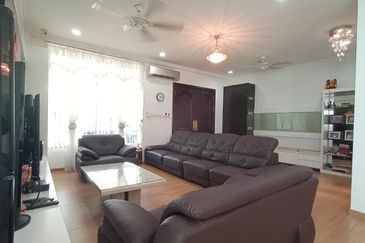
JALAN TELUK LIKAS
Pantai Barat Selatan, Sabah

Sun Garden Villa @ Taman Bukit Serdang
Seri Kembangan, Selangor
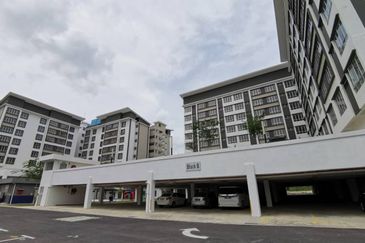
Vista Sri Tanjung Condominium
Semenyih, Selangor

